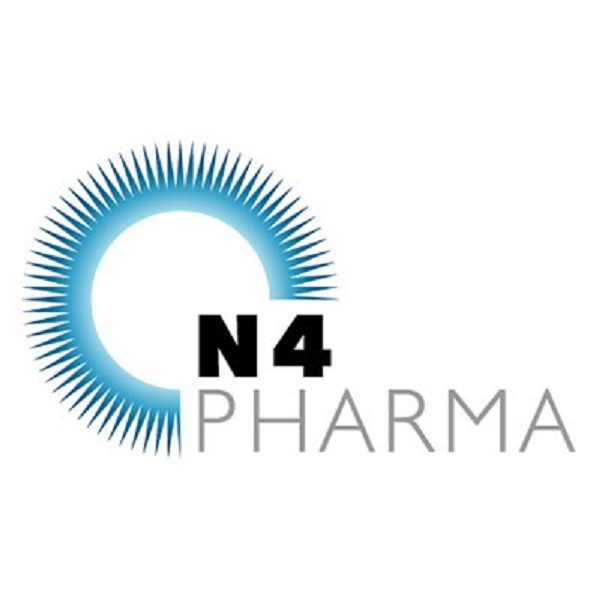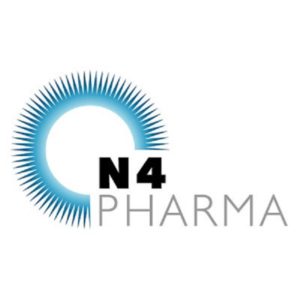N4 Pharma Plc (LON:N4P), the specialist pharmaceutical company developing Nuvec®, a novel delivery system for cancer treatments and vaccines, has provided an update on collaboration discussions and its ongoing in vivo work programme.
Collaborations
The Company is pleased to announce that it has entered into two Material Transfer Agreements (“MTAs”) to assess how well Nuvec® can bind and be optimised for transfection with two different proprietary plasmids. The first is with a major international company working in the gene therapy space and the second is a pharmaceutical company developing its own proprietary vaccine for Covid-19 using a DNA plasmid. Each MTA is subject to certain confidentiality clauses as to the extent of detail that may be disclosed, including the name of the other party. Subject to the results of the work undertaken these MTAs represent a significant first step towards more formal collaborations. In addition to the two MTAs signed, the Company continues in dialogue with other parties with a view to entering into more MTAs.
In vivo studies
The Company is also pleased to announce it has made good progress developing and testing a monodisperse formulation of Nuvec®. Previous updates have highlighted the success in preparing monodisperse formulations and recent results from a pilot in vivo study undertaken by Nanomerics have now indicated that a lower dose of 10ug pOVA bound to optimised, monodispersed Nuvec® gives a better result than a 50ug dose of the original, agglomerated Nuvec® used in previous in vivo studies. This recent study will be repeated and extended to validate the results seen from this pilot study which, if consistent, would demonstrate a significant improvement through the use of this newly formulated Nuvec® following 18 months of optimisation and formulation work.
In light of the success with the pilot study, the Company is reviewing the scope of work at Evotec, which had been announced previously, to ensure that the different arms to the in vivo studies undertaken there are complementary and follow the approach undertaken in the Nanomerics pilot study. Whilst this work remains ongoing it is likely to push any results from the Evotec in vivo work into the third quarter of this year. Furthermore, with the work being undertaken under the MTA in respect of the proprietary plasmid DNA for Covid-19, the Company now intends to use this opportunity to assess whether Covid-19 plasmid DNAs other than the Covid-19 DNA plasmid licensed from the National Institute for Health may be more suited to its internal Covid-19 in vivo work. Indeed, depending on the results of the work done under the MTA and subsequent relationships, it may negate the need for the Company to do its own proof of concept work with an ‘off the shelf’ Covid-19 plasmid.
Appointment of an in lab full-time employee
With the additional work from the MTAs and the promising initial results from the in vivo work, the Company has contracted through the Medicines Discovery Catapult access to a full-time Postdoctoral Researcher, meaning, for the first time, it now has its own dedicated in lab resource. The Company has been working with Catapult for some time and their work has been instrumental in improving and testing Nuvec® formulations to this point.
Nigel Theobald, Chief Executive Officer of the Company, commented:
“We are delighted to have entered into two MTAs with these respected companies, each one addressing different markets. Whilst there can be no guarantee of either agreement resulting in a commercial collaboration, it marks a major step forward as we apply third party materials to Nuvec®. Furthermore, it validates all the hard work that has been done in optimising Nuvec® that major players in their fields are prepared to invest their time and resource to see how Nuvec® may be applied to their technologies and IP.
“In addition, the early data from our in vivo work with the optimised, monodispersed Nuvec® is indicating that we have significantly improved its functionality and efficacy over the agglomerated material used in earlier studies. Whilst the results from the work at Evotec may be a little later than expected, we remain more optimistic as to the outcome following the results seen in the pilot study and I look forward to providing further updates as soon as practicable in the coming months.”


